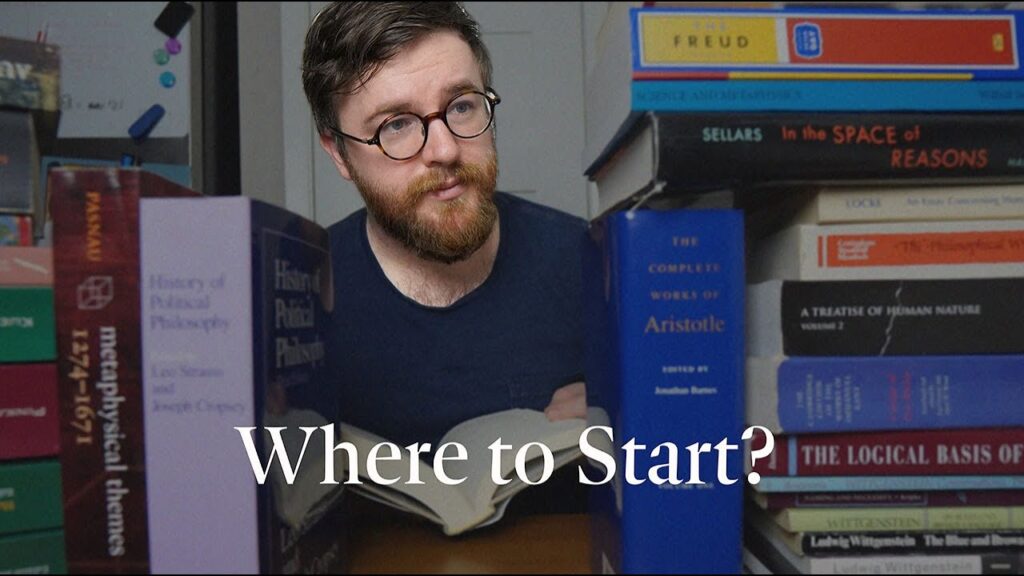
"One espe­cial­ly appeal­ing aspect of phi­los­o­phy, as a field of study, is that you don't have to go any­where to learn it but the library. And these days, you don't nec­es­sar­i­ly have to go there, now that so many philo­soph­i­cal texts have become freely avail­able on the inter­net. In the video above, phi­los­o­phy YouTu­ber Jared Hen­der­son rec­om­mends sev­en books through which any­one can get a sol­id intro­duc­tion to the sub­ject."
"Though writ­ten for the gen­er­al pub­lic, The Prob­lems of Phi­los­o­phy has also proven use­ful to Hen­der­son in teach­ing intro­duc­to­ry cours­es, not least thanks to Rus­sel­l's elo­quent defense of philo­soph­i­cal study itself. , a more recent­ly writ­ten broad sur­vey, "intro­duces you to some top­ics that almost every­one is inter­est­ed in: free will, the prob­lems of knowl­edge and ratio­nal­i­ty, the exis­tence of God, the exis­tence of the self,"
Seven books provide a solid introduction to philosophy: Bertrand Russell's The Problems of Philosophy, Simon Blackburn's survey, the complete works of Plato, Marcus Aurelius' Meditations, St. Augustine's Confessions, René Descartes' Meditations on First Philosophy, and John Stuart Mill's On Liberty. Russell's work defends philosophical study and suits introductory teaching. Blackburn's recent broad survey introduces central topics such as free will, knowledge and rationality, God's existence, the self, and ethics. Careful reading of Plato's corpus can transform a reader. Marcus Aurelius has seen renewed popular interest. Many classic philosophical texts are freely available online and in libraries.
Read at Open Culture
Unable to calculate read time
Collection
[
|
...
]